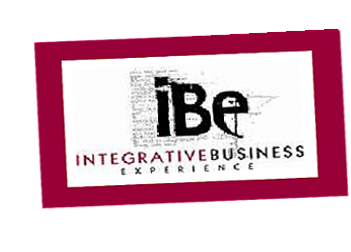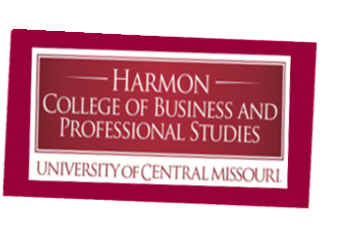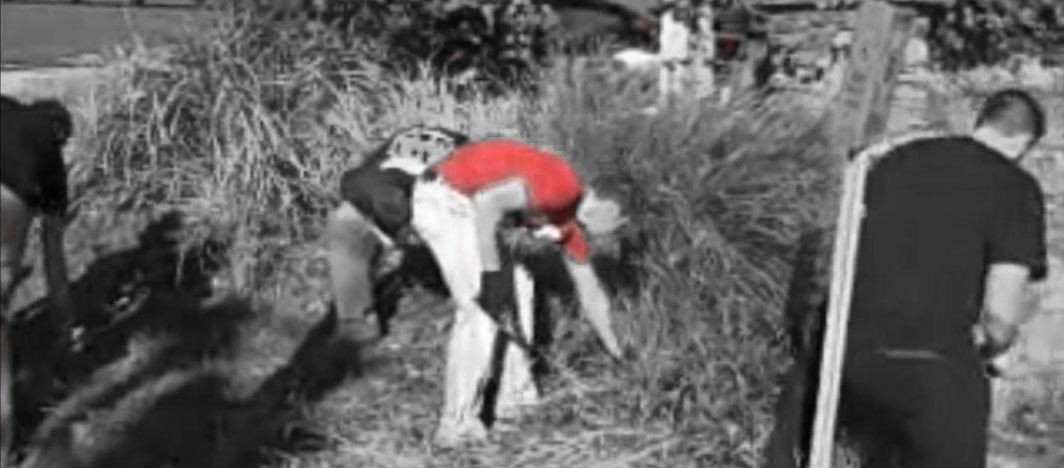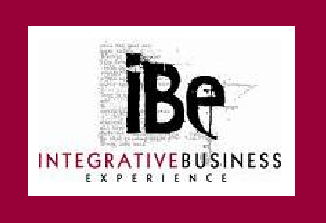The Integrative Business Experience (IBE):
An Intensive, Hands-on Foundation for
Undergraduate Business Education
The Integrative Business Experience (IBE) offers a special way of introducing students to the Big Pictureof how businesses operate. Traditionally, business schools have attempted to build these skills by having students get
real-worldexposure by having them work with problems of existing business organizations by analyzing cases and/or engaging in consulting projects. IBE takes exactly the opposite approach. Instead of having students focus on what is inevitably a limited exposure to someone else’s organization, we have them create and operate two organizations of their own. It does this by having first-semester business majors co-enroll in 4 courses:
- Three required core courses: Marketing, Management, and Finance.
- An IBE Practicum Course
The
Practicumis what makes this program so special. In the Practicum, students work in Companies of 20-30 students each. Each company must:
- Create and run a real, start-up business. This involves (a) developing an idea for a product or service they can sell, (b) applying for a real bank loan for up to $5,000, (c) creating and implementing a plan to market their product or service, and (d) closing out the business – all within one term.
- In addition, each company must select a community organization for which the company members organize and carry out service activities and to which they contribute the profit from their company.
Impact of the IBE Program
IBE has a big impact on several aspects of student learning:
- 1) Students make conceptual connections across disciplines as they use concepts and tools from all three core courses to guide their decisions in the business and service organizations;
- 2) They develop interpersonal and group-interaction skills in a work-like setting, and
- 3) They develop critical thinking skills through their experience in applying key business concepts and analytical tools to a wide range of unstructured, but real business problems.
- $352,260 direct financial support from the profits of IBE student businesses, and
- 23,827 hours of community service from IBE student-organized activities and projects.
- Results in little or no increase faculty workload (It does not require team teaching.)
- Does not require small classes. Thus, it is cost-effective.
- Results in improved student recruiting, increased private sector financial support, better internship and job placements, improved university-community relations, etc.
Their business results have also been impressive. At the University of Central Missouri, a total of 813 students participated in IBE between the first pilot in the spring semester of 2004 and the spring semester of 2016. These students formed and managed 72 remarkably successful companies. In these 12 years, IBE student businesses received $137,649 in loans and have generated a total revenue of $599,521 and a total net profit of $352,260.
In addition, local community organizations have received:
As one UCM student put it:
It’s one thing to talk about a business plan or even write one (that’s what we do in other classes), but it’s something else to have to generate an idea from scratch and turn it into a profitable business—all in 15 weeks.
The IBE program also benefits the Business School and the University because it:





